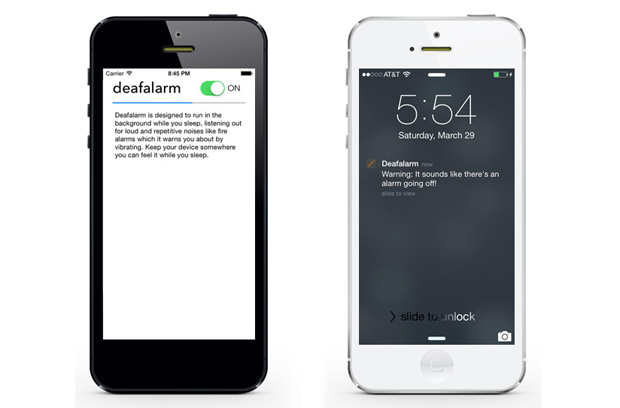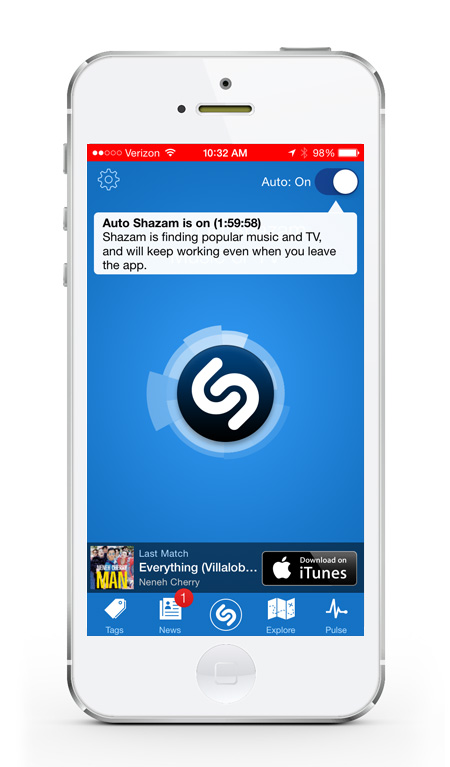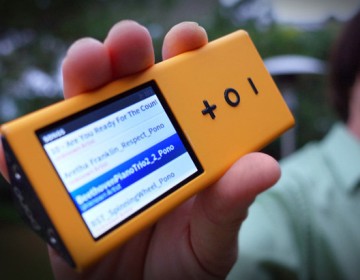Automatic Apps Could Save Lives, But Are Still Kind of Creepy

By Jason Epstein
If the financial and logistical cost of outfitting every audible alarm with a visual detector for the deaf (and vice versa for the blind) wasn’t somewhere beyond astronomical and impossible, the world would be doing right by our disabled brothers and sisters. But until that happens, we turn to apps that automatically lend a helping hand. The $0.99 app Deafalarm is meant to be kept active at all times, tuning in to sounds and alerting the user of alarms through vibration and an on-screen notification. The app also vibrates if it’s accidentally shut down, or if the iPhone’s battery is so low that it can’t function. According to some reviews, it also goes off all the freaking time, regardless of whether or not the sound is an alarm. Now, just for fun I’m going to list a few songs that have sirens in them, and keep in mind that none of these are even touching the genres of hip-hop or pop:
“Warning” by Green Day
“Paranoid” by Black Sabbath
“A Nightmare to Remember” by Dream Theater
“White Riot” by The Clash
Not far off from the features of Deafalarm is Shazam’s Auto-Shazam function for the iPad that’s always keeping an ear out for music, auto-grabbing music data and draining your battery like crazy in the process. Super cool, but just what are the implications of opt-in detection for personal space, environment and privacy? And would it be creepy for the guy with his windows down and the radio on if he knew your app was displaying information on his chosen track?
Know what’s even creepier? A San Francisco-based startup called Expect Labs is creating an app called MindMeld that listens to a phone conversation and interprets what is being said in real-time, coming up with what it believes is relevant information. It’s like asking Siri a question, except in this case Siri butts in before you even address her. Could be useful. Could be hilarious. Could become completely self-aware and destroy all of humanity. They call it ‘anticipatory computing.’ We call it T2: Judgment Day.





![[Interview] Grégoire Henrion, Co-Founder of Mindie](https://www.soundctrl.com/wp-content/uploads/2013/10/photo-14-360x280.png)

